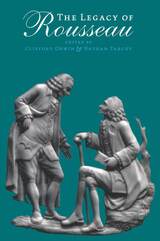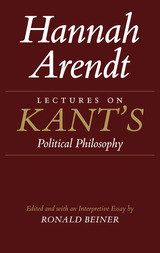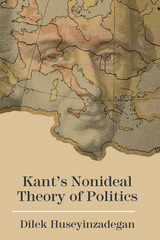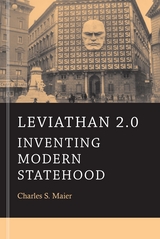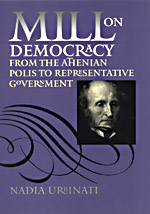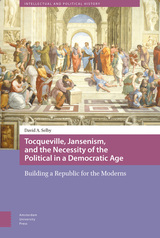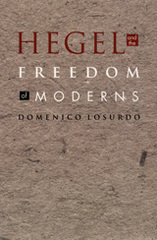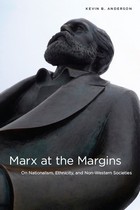Cloth: 978-0-674-89435-8
Library of Congress Classification JC229.T8L35313 1989
Dewey Decimal Classification 321.8
Why did the French Revolution lead to the crimes of the Terror, whereas the American Revolution brought forth a liberal democracy? Alexis de Tocqueville spent a lifetime trying to understand the paradox. This first book on the genesis of Tocqueville’s Democracy in America considers his two main themes of democracy and revolution in the light of his own early political activities and his subsequent studies of the past, and thereby makes a valuable contribution to intellectual history.
In tracing the evolution of Tocqueville’s work, Jean-Claude Lamberti reveals Tocqueville’s enormous intellectual debt to Montesquieu; skillfully analyzes all that separates Tocqueville from the liberal French school, particularly Benjamin Constant and François Guizot; shows that Tocqueville believed that the only means of preventing new revolutions (which he abhorred) was to increase political freedom, especially that of association; sketches the difference between Tocqueville and counter-revolutionaries on the question of individualism, which Tocqueville wished to correct but not annihilate. Never before have historians been able to place Tocqueville so securely in the genealogy of French liberalism. This new work demonstrates his relevance to the world today.
See other books on: 1805-1859 | Democracy | Goldhammer, Arthur | Tocqueville | Tocqueville, Alexis de
See other titles from Harvard University Press

